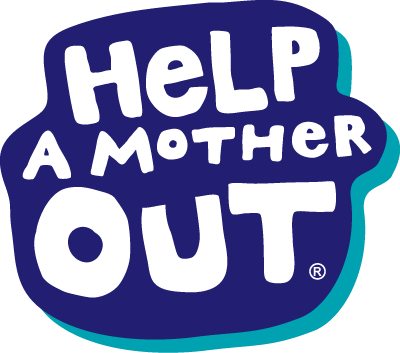Image from: http://www.americanprogress.org
Last week Maria Shriver and the Center for American Progress released The Shriver Report. The report sets to layout “an accurate and detailed portrait of American women and families at this transformational moment in our history.”
According to the report:
Nearly 4 in 10 mothers (39.3 percent) are primary breadwinners, bringing home the majority of the family’s earnings, and nearly two-thirds (62.8 percent) are breadwinners or co-breadwinners, bringing home at least a quarter of the family’s earnings. What’s more, women are now much more likely to head families on their own.
While there has been talk about how the report may not be an accurate representation of American women, I understand that no report or study can be everything to everyone. By the way, kudos to Maria Echaveste on her must-read essay about immigrant women, the “Invisible yet Essential.”
I do think that if we are going to start talking about how we, as women, have the ability to effect change, we must also address the plight of homeless women and their families.
Did you know, for example, that eighty-four percent of families experiencing homelessness are female headed? Twenty-nine percent of adults in homeless families are employed.
Here are some facts about homeless mothers from the National Center on Family Homelessness:
Mothers Experiencing Homelessness
The impact of homelessness on mothers is profound. Many are sad, fearful, and hopeless. Mothers who are homeless have been victims of interpersonal violence. For them, the experience of homelessness is another major stressor layered on other traumas.
- Over 92% have experienced severe physical and/or sexual abuse during their lifetime. For 63%, this abuse was perpetrated by an intimate partner.
- Mothers experiencing homelessness struggle with mental health issues.
- About 50% have experienced a major depressive episode since becoming homeless.
- They have three times the rate of PTSD (Post Traumatic Stress Disorder) (36%) and twice the rate of drug and alcohol dependence (41%).
- Mothers often are in poor physical health.
- Over one-third have a chronic physical health condition.
- They have ulcers at four times the rate of other women.
The fastest growing population of homeless is women and children. They are on the streets, living inmotels, shelters, and even storage units.
While it is important to celebrate the accomplishments of women in the workplace, it is just as important to address family homelessness not only as a women’s issue, but as an injustice to us all.
What are your thoughts on The Shriver Report? Please post a comment below.

